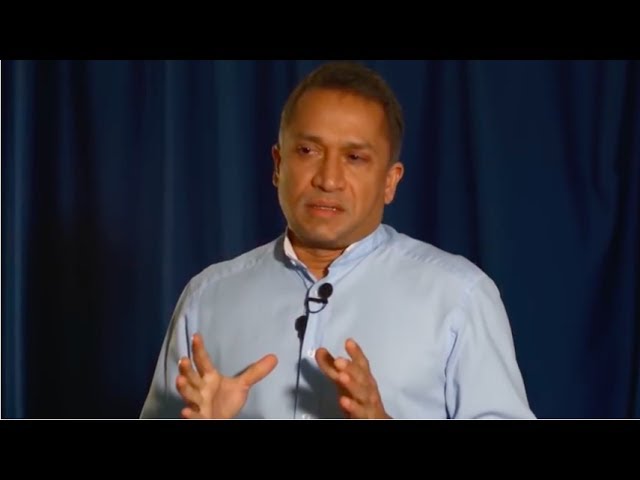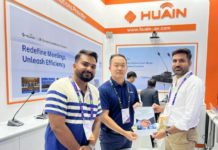Multiple Judges Cite Unsubstantiated Allegations, Flawed Investigations and Defamation in Clearing Sri Lankan Diplomat Sanaka Samarasinha
(Isstories Editorial):- New York City, New York Nov 4, 2025 (Issuewire.com) – By Jessica Camerlin
More on Isstories:
- From the Irish Midlands to US Charts
- A Fragrance Made for Self-Expression and Identity: Anvera Introduces Origin 0.1 in India
- The Architecture of Taste: Helen Yi and a Deliberate Vision of Luxury
- Data, Not Desperation: How Leslie Wise Is Redefining Grant Strategy to Drive Real Community Impact
- Dr. Santosh Kumar Guptha Highlights ICD-11 as the Future of Healthcare Data at MEDRECON 2026
In a resounding legal vindication, senior Sri Lankan diplomat Mr. Sanaka Samarasinha has been exonerated by the United Nations internal justice system. The UN Dispute Tribunal ordered his immediate reinstatement after finding the misconduct investigation against him procedurally flawed and unsubstantiated. This victory is bolstered by a parallel ruling from the Warsaw District Court that suspended defamatory articles, creating a powerful consensus across international and national judicial bodies.
The UN Dispute Tribunal’s judgment, issued by Italian UN judge Francesco Buffa on July 16, 2025, rescinded the administrative leave imposed on Mr. Samarasinha in May 2023 and mandated his full reinstatement with back pay and entitlements. The ruling was unequivocal, stating the internal investigation was a violation of due process and failed to substantiate the allegations.
The case stemmed from Mr. Samarasinha’s tenure as the UN Resident Coordinator in the Pacific, a role in which he served as the Secretary-General’s senior-most representative for ten island nations. According to publicly available records, a veteran of more than 25 years of UN service across over 40 countries, his career has involved crisis management, human rights, and sustainable development in complex countries such as Myanmar, Iran, Kosovo, Belarus, Liberia during the Ebola pandemic and Sri Lanka after the Tsunami.
The Tribunal’s review revealed a deeply flawed investigative process. Judge Buffa, who is a justice of the Italian Supreme Court as well as the United Nations, concluded that investigators presented evidence which lacked the coherence and substantiation required to sustain the charges. In a striking finding, the Tribunal noted that despite Mr. Samarasinha presenting a list of 96 witnesses to support his version of events, not a single one was interviewed by the investigators. The judgment described the inquiry as rushed and procedurally flawed and criticized the administration for failing to pursue his credible counter-allegations of false reporting, political motivations and collusion.
This legal triumph in Geneva is powerfully complemented by a decision from the Warsaw District Court on April 2, 2025. In a defamation case brought by Mr. Samarasinha against Euroradio, the court issued a one-year injunction, suspending the publication of two articles deemed inflammatory and unsubstantiated. The judge found the headlines to be sensationalist and the content lacking factual support, causing significant and unjustified reputational harm without a clear public interest defense. The court balanced free expression with personal dignity, restricting the specific articles while rejecting broader censorship.
The UN administration may appeal the Geneva judgment, a process that could extend litigation. “Even so, Sanaka can take comfort that two independent courts have already found him innocent of these allegations,” one former UN senior official said. “He and his family can now put this horrible experience behind them.” Mr. Samarasinha was not available for comment.
In the meantime, Mr. Samarasinha has filed two civil defamation suits in Sri Lanka’s Colombo District Court, which are expected to conclude soon and could further shape his standing.
The combined weight of the Geneva and Warsaw rulings provides more than just personal legal redress for Mr. Samarasinha. They establish critical institutional guardrails, underscoring that internal UN investigations must adhere to rigorous standards of due process and that unsubstantiated media allegations can and will be challenged in a court of law. Colleagues say, for a diplomat known for his outspoken defense of human rights and principled stands, the outcome represents a hard-won restoration of integrity and a powerful affirmation that evidence and process must prevail.
This article was originally published by IssueWire. Read the original article here.



















